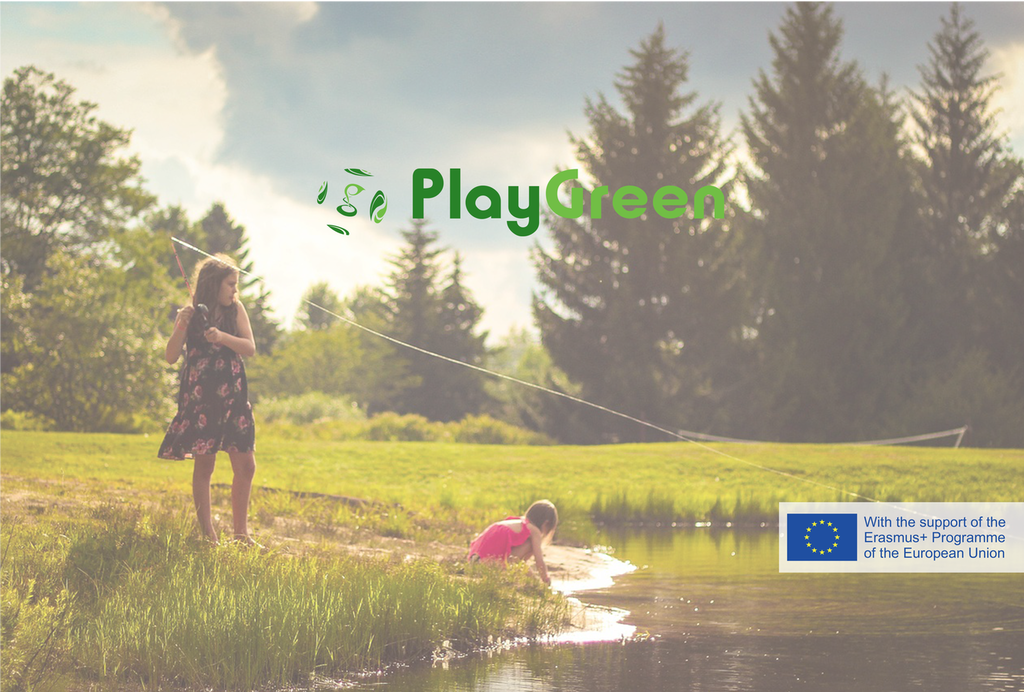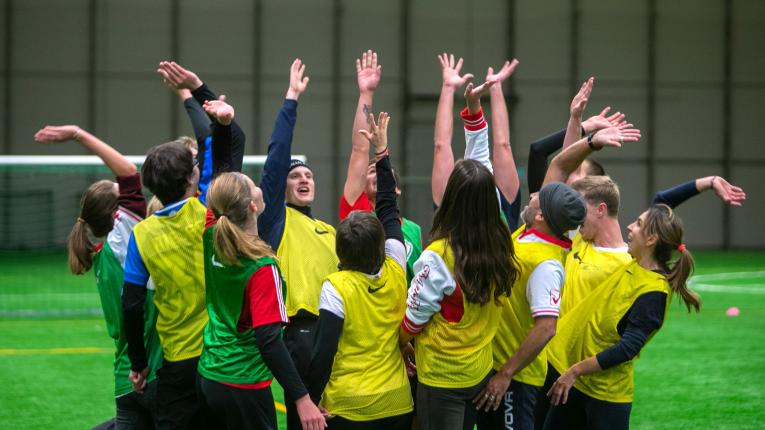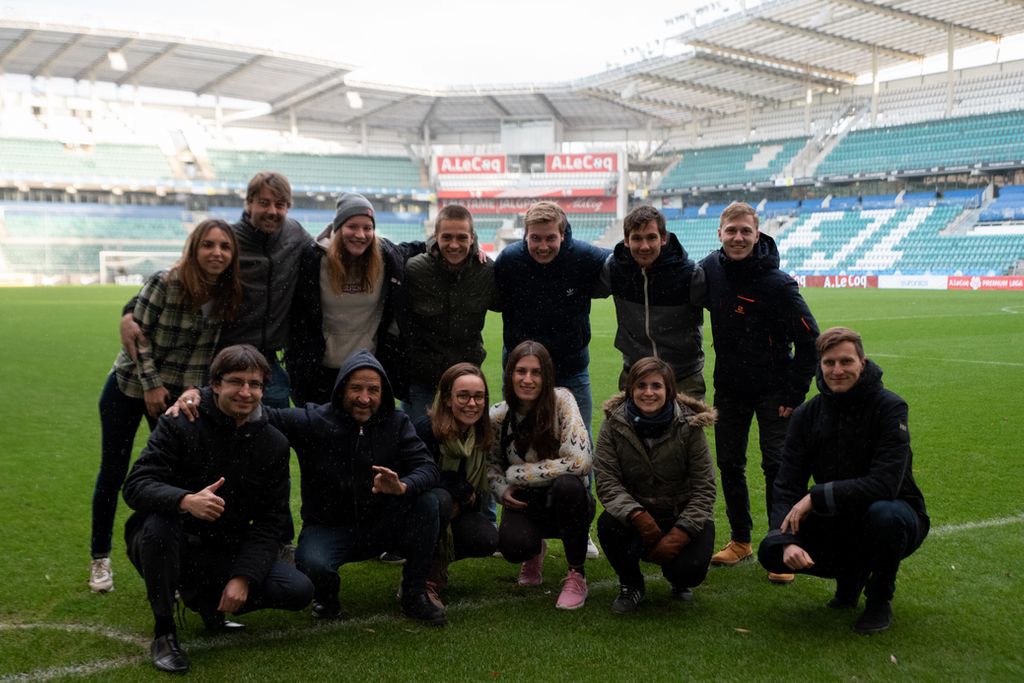
PlayGreen Project from Erasmus+ Sport Focuses on Sustainability
March 13, 2020
With the support of the EU's Erasmus+ Sport programme, organisations from six European countries have partnered up to raise awareness and build capacities around environmental sustainability in sport for the 'PlayGreen Project.'
Throughout the duration of the project, a team of young volunteers from Belgium, Estonia, Finland and Malta, are encouraged to think of creative ways for sport tournaments to be more sustainable and to implement these ideas locally together with the support of the national football association in their country.
Within the project duration of two years, the volunteers take part in online webinars, as well as training sessions during the transnational project meetings organised in Malta, Estonia and Finland. Through this approach, the volunteers are introduced to basic concepts of sustainable thinking and develop skills such as creative thinking, collaborative skills and international competence.

Participants present their concepts in form of a self-reflection of their individual learnings at the final multiplier conference and award ceremony in Brussels in front of an audience of sports professionals from all over Europe.
To date, these ‘Green Teams’ are analysing the current ecological impact of sports events within their countries and developing their concepts for sustainable innovative sport events in collaboration with their respective mentoring federation.
The Green Team Volunteers in Malta, with the support of the Football Association of Malta, have already engaged in cleaning and regenerating local pitches and neglected urban areas that will be used for the PlayGreen tournaments later in the year.

In Belgium, the local Green Team volunteers have organized the Keizer Karel Cup, an existing grassroots soccer tournament with over 1000 attendees, promoting more sustainable ways to run the event and make it ‘greener’.
The final conference will be organised in December 2020 in Brussels, presenting three key outcomes (named Intellectual Outputs) of the project, namely a study on volunteering, a pan-European volunteering concept and a mentoring toolkit on sustainable volunteering in sport. These tools will be publicly available for every organisation interested in building the capacities of young people interested in both sports and sustainability.